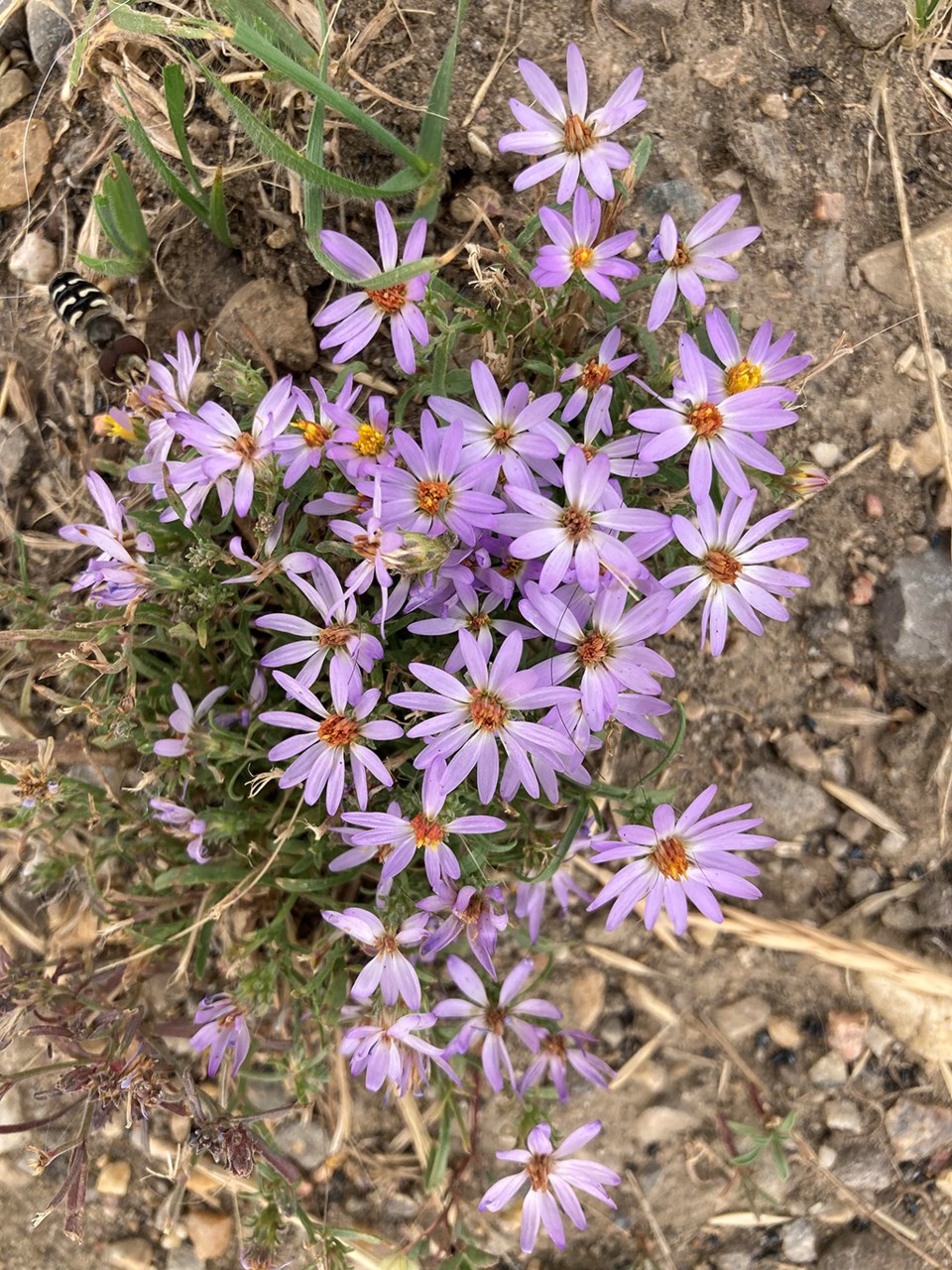YORKTON - After the blizzard of last week, it was certainly a pleasure to sit down with steaming tea and a new seed catalogue.
Sitting on top of the pile was the Lindenberg catalogue, proudly announcing “Our 89th Year” on the cover, and that is amazing. Mom and my aunties always used to love Lindenberg seeds because the company is located in Brandon, so they always felt that the listings were suited to our climate.
The glossy catalogue is beautiful. What should we talk about today? Let’s close our eyes and randomly open the seed catalogue, strike down our finger and what do we pick? Asters!
Okay, asters it is! If you can think of a flowering annual that is easier to grow and more easy care than asters, it would be a short list! There are perennial asters, but let’s chat about the beloved annual asters. Sometimes called ‘China Asters’, there are the favorites that most gardeners always had in their gardens. A row of cheery asters not only provided great color in the garden, but attracted bees and were perfect for cutting.
And the best part is, they can be easily be planted directly into the garden in the spring after the last frost is done. They like a full sun or partial sun location, with well-drained soil, and they should be up in about two weeks from planting. I have read that they are a ‘cool-season’ bloomer, but really, they will start blooming in the early summer and will keep blooming until fall. They’re the kind of lovely plant that “the more your pick, the more they bloom”, and indeed, to have a bushier plant with even more blooms, we should cut it back by half in mid-summer ( so hard to do!).
And guess what? Asters will do well in containers, as long as we are diligent to keep them consistently moist (they will not like to dry out in a container). So if your garden space is a back-step or patio, asters are still a great option.
Asters are quite often fluffy, petal-packed blooms that are very showy; the stems are sturdy so they will not usually break in the wind and are great to cut for bouquets. They come in assorted colors, but white, pinks and purples are the most usual. Some varieties, like ‘Milady’ grow to about ten inches high, while others, like the ‘Powderpuffs’ grow to about two feet high. There are also ‘Spider’ varieties that have exotic, spidery-looking delicate blooms that make a lovely show.
If you have young gardeners in your family, asters are wonderful ‘starter’ plants because they are so easy to grow and make a lovely display. Asters were one of my childhood favorites in my ‘patch’, and since Mom always encouraged me to make flower arrangements for our house, the asters, bachelor buttons and pearl achillea were my favorite go-to flowers. I was so blessed in the fact that nothing in Mom’s beautiful garden was “off-limits” for my floral creations; she always let me cut and use anything I liked, and I thank her in my heart always for knowing how to joyfully nurture a life-long love of gardening in a little girl.
So, gardeners, one plant for this year’s “to plant” list: asters!
The Yorkton and District Horticultural Society will be holding their next meeting on Wednesday, March 20 at 7:00 PM at the Yorkton Public Library. Allona Zeiben, John Tropin, Frank Woloschuk will speak to us about “ From Seed to Plant to Garden”. Everyone is welcome, you don’t have to be a member of the group to attend.
Thank you to our friends at YTW for their fine work. Visit the hort society at and have a great week!






